by Roy Morris, Jr.
When Mark Twain “lit out for the territory” in July 1861 from his erstwhile role as the world’s worst Confederate ranger, he joined a small but distinguished list of future American literary greats who similarly decided, as had Twain, that they were “not rightly equipped for this awful business.” The other notable “malingerers,” in scholar Daniel Aaron’s derogatory term, included Henry Adams, Henry James, and William Dean Howels. All would live to write another day.
[text_ad]
Unlike the Missouri-born Twain, the other three future writers were wealthy, well-connected Northerners who used their connections to avoid military service in the Union Army. The best-connected was 23-year-old Henry Adams, whose father, Massachusetts Congressman Charles Francis Adams, Sr., was American minister to Great Britain for the Lincoln administration. The younger Adams, a high-strung scholar with a degree from Harvard, conceded early on that he was “hardly the material for a soldier.” He agreed to accompany his farther to London and serve as his private secretary, putting an entire ocean between himself and the war. He would not return to the United States until 1868.
Henry James Heads for England
Another New England intellectual, Henry James, turned 18 two days after the Confederate shelling of Fort Sumter initiated the Civil War. The second of four sons of eccentric New York theologian Henry James, Sr., Henry Junior was educated abroad before returning to the United States in 1860. Eventually, two of Henry’s younger brothers, Wilky and Bob, would enlist in the union Army. Wilky subsequently was wounded severely at the Battle of Fort Wagner while serving as adjutant to Colonel Robert Gould Shaw of the famous 54th Massachusetts Infantry. He recovered and returned to the front, and both younger James brothers were present when Charleston, South Carolina, fell to Union forces in 1864.
As for Henry, he showed little inclination to join the “fine fierce young men” in the Union Army. A slight back injury he suffered while helping out a stable fire in Newport, Rhode Island, in October 1861 left him with “a horrid if obscene hurt” that, he claimed, made him unsuited for active military service. Instead, he attended Harvard Law School and began his distinguished writing career just as the war was winding down. Three of his early short stories, “The Story of a Year,” “Poor Richard,” and “A Most Extraordinary Case,” concern wounded Civil War soldiers. To of them die.
William Dean Howells Appointed to the Venice Consulate
The third significant writer of the period to avoid military service was William Dean Howells, who coincidentally became Mark Twain’s best friend after the war. Howells, an Ohio newspaper editor, wrote a well-received campaign biography of Abraham Lincoln in 1860, and this accomplishment won him a presidential appointment to the U.S. consulate in Venice, where he spent the war years writing travel essays and official reports. Like Adams and James, Howells felt physically and emotionally unsuited to the life of a soldier. “The hot weather comes on,” he companied to a friend at the beginning of the war, “and whatever valor I have had in earlier years has been pretty well metaphysicked out of me.” In another letter he observed, “Aren’t you sorry the Atlantic goes so gun-powerfully into the war? It’s patriotic; but do we not get enough war in the newspapers? I would rather have the honey of Attic bees.”
Thus, in the words of modern literary scholar Bernard DeVoto, the four most talented American writers of the post-Civil War era “found matters of greater moment than campaigning under arms. The Civil War did not greatly disquiet them.” Fro the sake of American letters, it is well that it did not. Who knows how many other potentially great American writers died at Shiloh or Gettysburg or Chickamauga or Cold Harbor? Luckily for us, Mark Twin, Henry Adams, Henry James, and William Dean Howells did not.
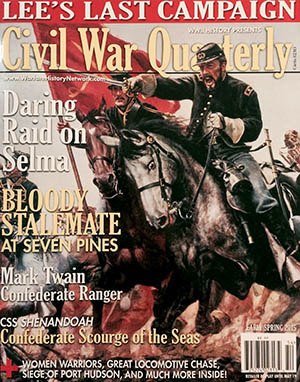

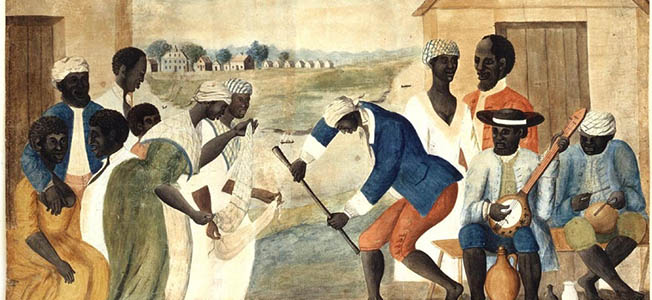
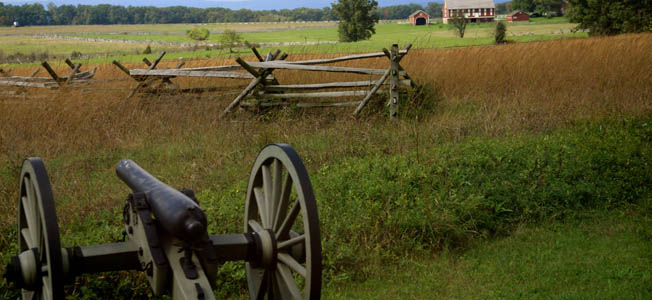
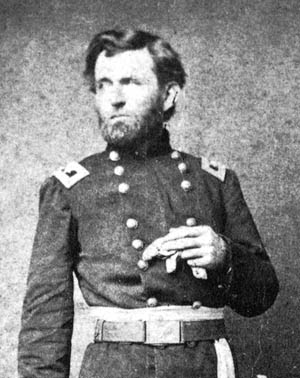
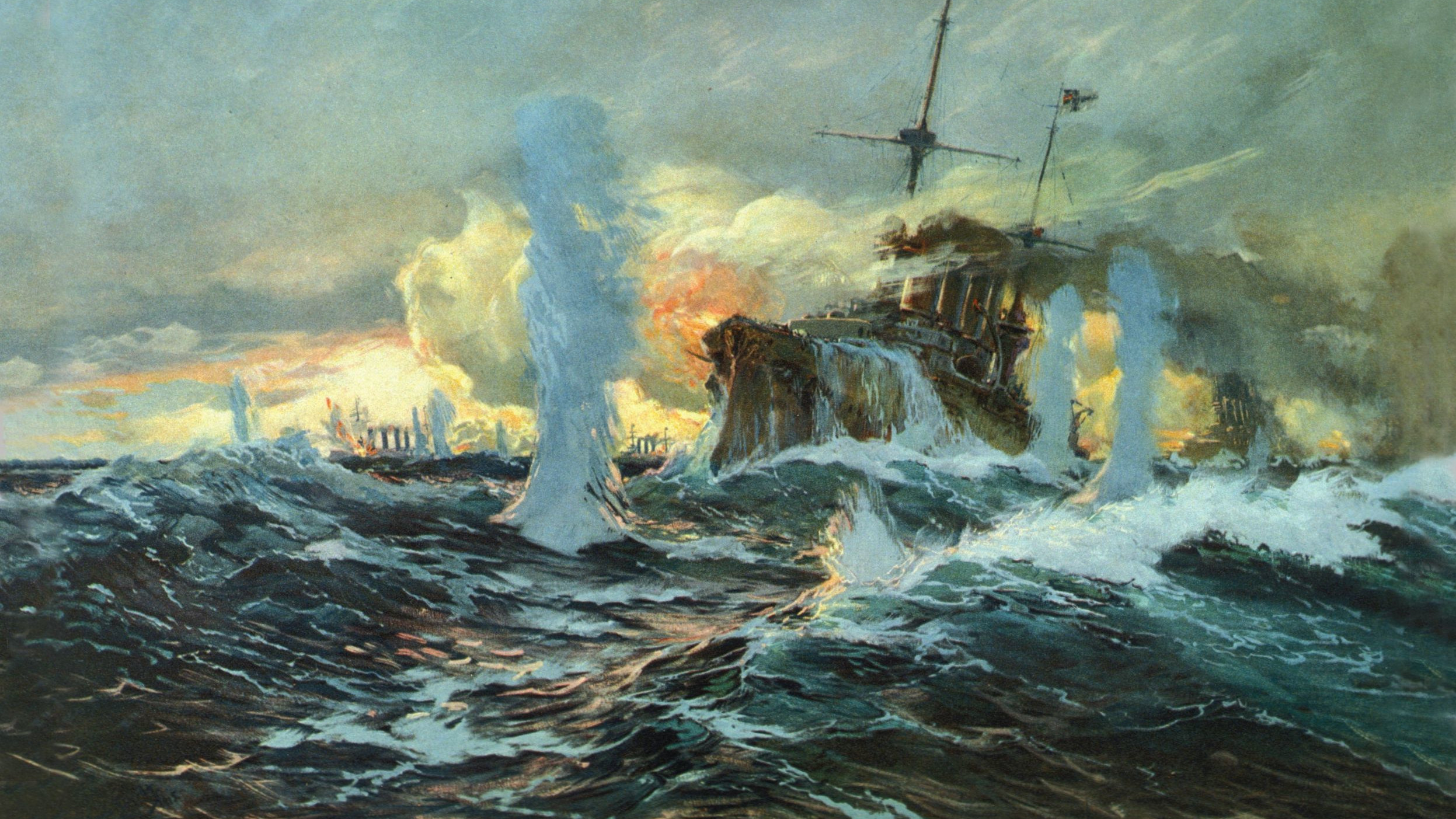
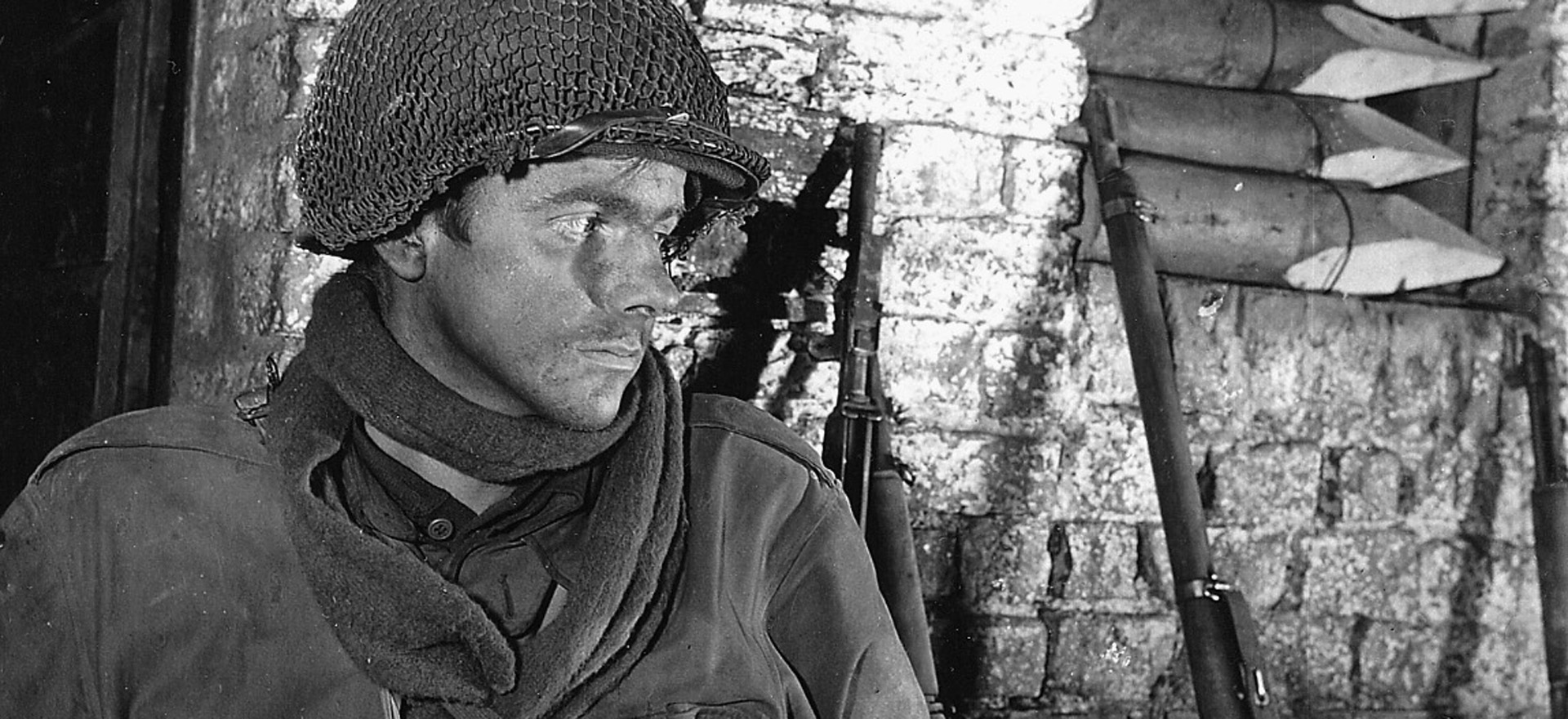
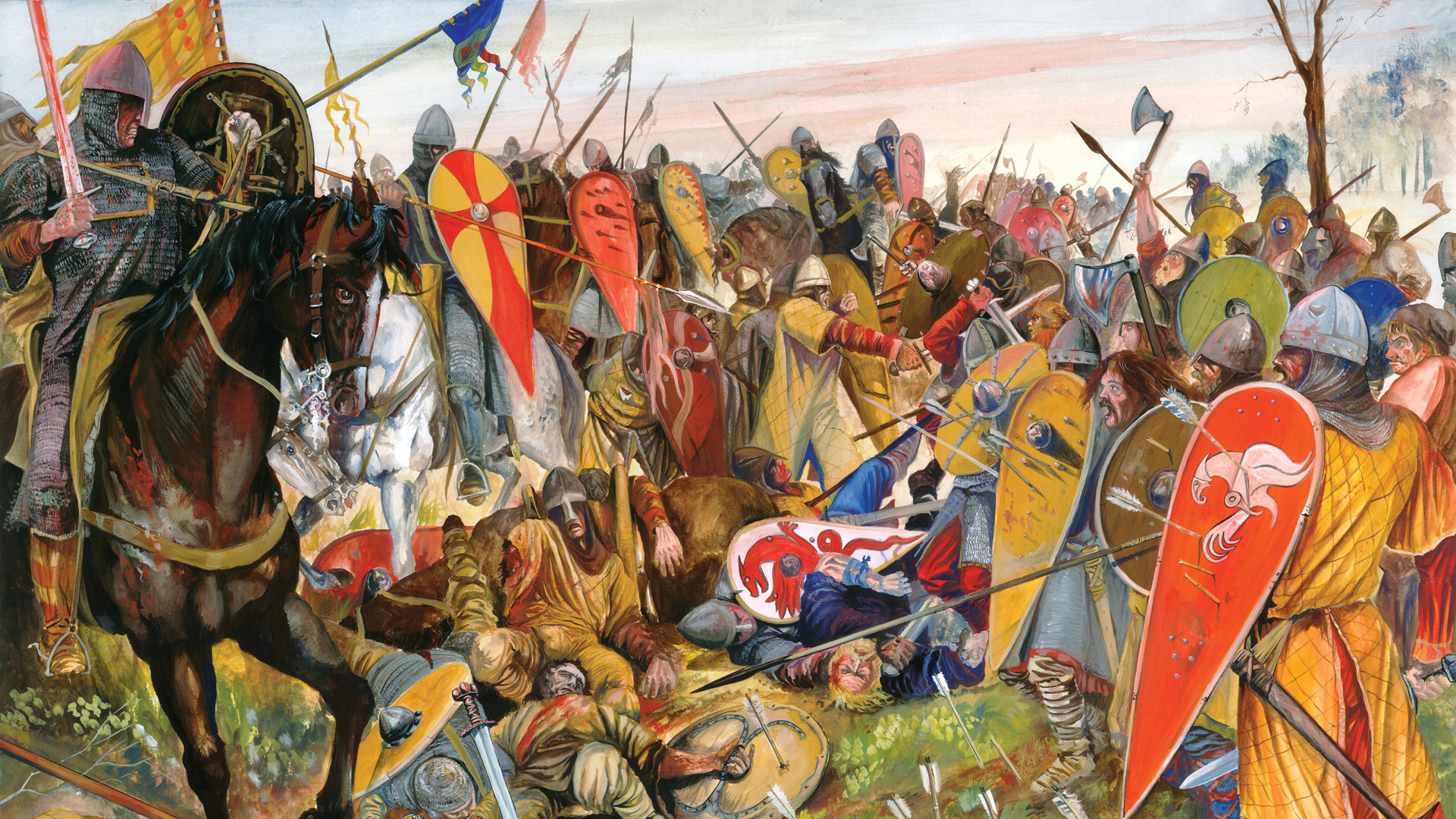
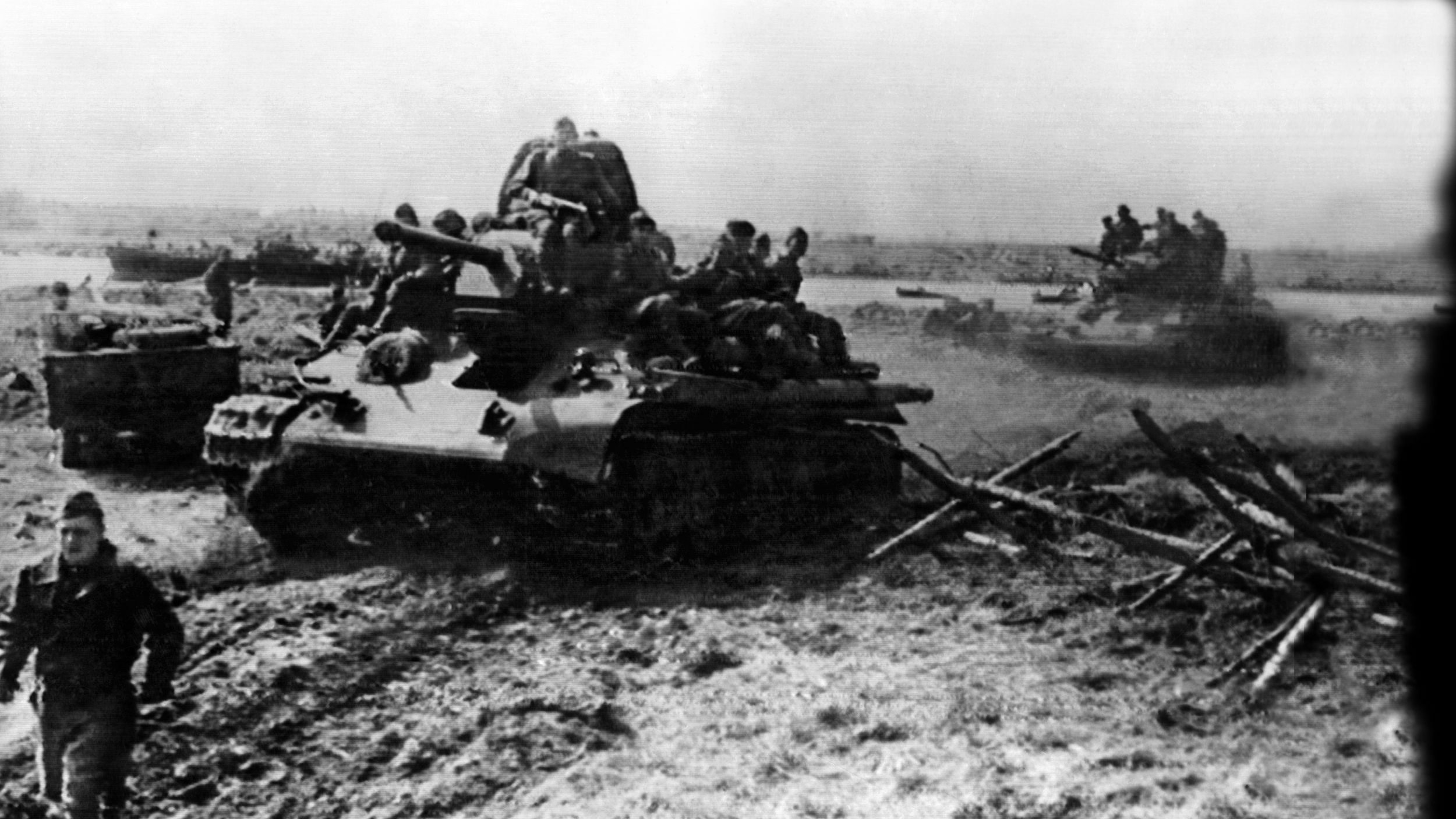
Join The Conversation
Comments
View All Comments